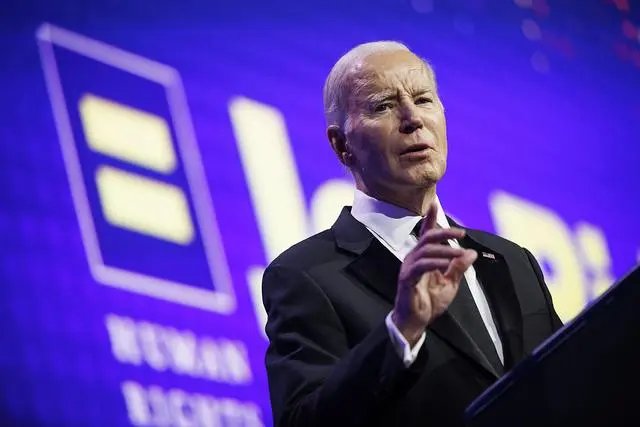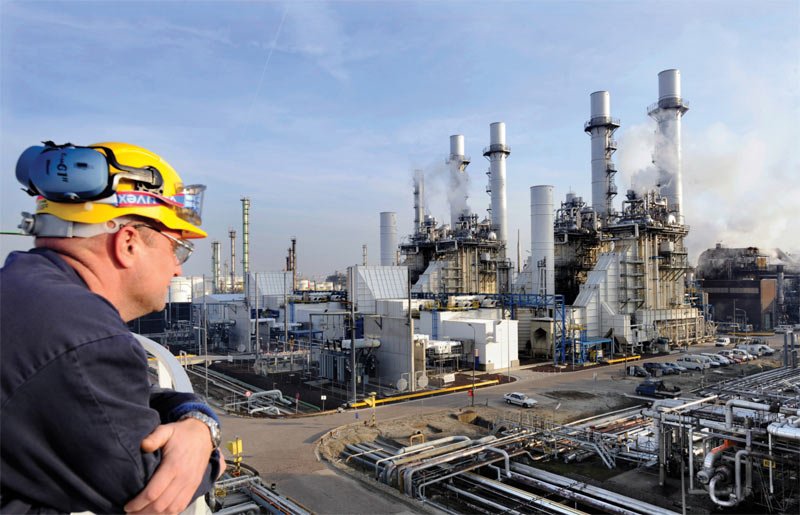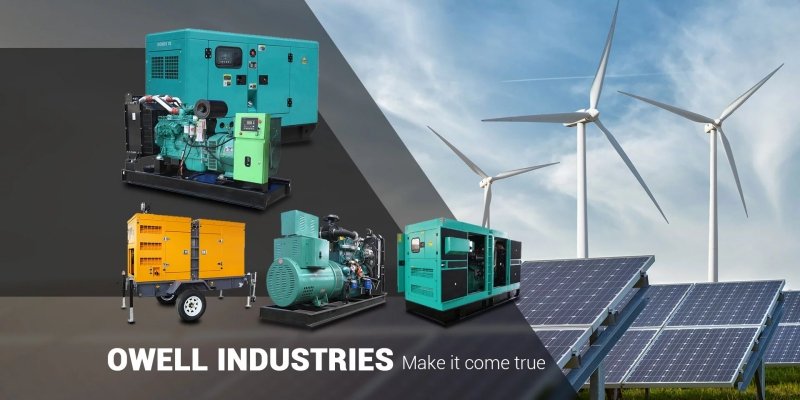
An article from The Economist on October 14th highlights that Europe should not blindly copy Joe Biden's economic policies, as it is beginning to take a toll on the continent.
Europe has lost access to Russia's affordable fossil fuels, turning its transition to clean energy into a matter of national security. Germany, Europe's largest economy, is concerned that Chinese and American electric vehicle manufacturers, subsidized by their respective governments, will take market share from Germany's automotive industry. Meanwhile, the Eurozone's economy is falling further behind the United States. It has been reported that the hardest-hit European economies are struggling with inflation exceeding 10%, rapid aging populations, and high levels of public and private debt. The International Monetary Fund predicts that the Eurozone's economy will grow by just 0.7% in 2023, while the United States is expected to grow at three times that rate.
Increasingly, Europeans see the Biden-style industrial policy as the solution to their problems. The European Union has relaxed restrictions on state aid for investment and aims to set targets for the production of green products within the EU. France and Germany are at odds over how to subsidize industrial electricity. The UK's Labour Party also plans substantial industrial investment when forming the next government in 2024.
However, replicating Bidenomics is a mistake for Europe. Just like in the United States, using subsidies to attract manufacturing is a wasteful practice, and over time, it only encourages businesses to vie for subsidies rather than customers. While France has indeed achieved some success in industrial policy, it is difficult to replicate the regulatory and institutional networks that limit French interventionism, just as the vaunted German economic model cannot be transplanted elsewhere.
Europe's recent experience is, in fact, a case study in the importance of markets. After the Russia-Ukraine conflict erupted, Germany's industrial sector initially claimed that losing Russian natural gas would lead to an economic catastrophe. However, due to swift adaptation, industrial production has been maintained. Unlike the United States, the European Union has established a carbon pricing mechanism. After a challenging start in the early 21st century, the carbon emissions trading system has become the gold standard for carbon pricing, incentivizing the private sector to seek the most efficient emission reduction pathways.

For Europe, the best economic policy should build on its historically market-friendly practices. The European Union should nurture a common, competitive green single market. This means restraining national aid rules, accelerating the carbon pricing for new industries beyond the planned benchmarks, and taking climate dividends for citizens seriously. The European Union should engage in free trade with allies to achieve carbon reductions at the lowest cost, reduce the risk to sensitive supply chains, and strengthen defense capabilities.
To boost economic growth, Europe's new government spending should focus on infrastructure development rather than national subsidies. Germany should repair its crumbling rail system, and France should stop hindering the transmission of solar energy from sunny Spain to other parts of Europe. European governments can set procurement rules to prioritize environmental or safety concerns but must respect market and free trade principles.
Europeans may easily believe that if the United States is turning to protectionism, all other countries must follow suit to avoid being easily defeated. In reality, the United States' longstanding economic advantage over other countries has stemmed from its greater commitment to the market, not less. America's recent turn towards nationalism is an aberration rather than an example to be emulated.

OWELL Industries(China): Leading the Way in Sustainable Power Solutions
In a world reevaluating economic policies, OWELL Industries is a trailblazer in sustainable power solutions. Their commitments include:
Sustainability Focus: OWELL prioritizes clean, renewable energy through wind & solar power systems, reducing carbon footprints.
Reliable Generators: Their diesel/gas generator sets offer dependable power generation for backup and continuous use.
Innovative R&D: OWELL constantly advances power tech for maximum efficiency and performance.
Global Reach: Serving domestic and international markets, OWELL contributes to global sustainability efforts.
Customer-Centric: OWELL tailors solutions to meet unique customer needs, ensuring satisfaction.
Collaborative Approach: Partnering with like-minded entities, OWELL advances clean energy adoption and sustainability goals worldwide.
OWELL Industries(China) sets the industry standard for sustainable and reliable power solutions, making a positive impact on both customers and the environment.

Quick Link:
OWELL 5kw horizontal axis permanent magnet generator wind turbine
OWELL 10kw permanent magnet generator horizontal axis wind turbine
OWELL CCEC CUMMINS SERIES diesel generator set
OWELL DCEC CUMMINS SERIES diesel generator set